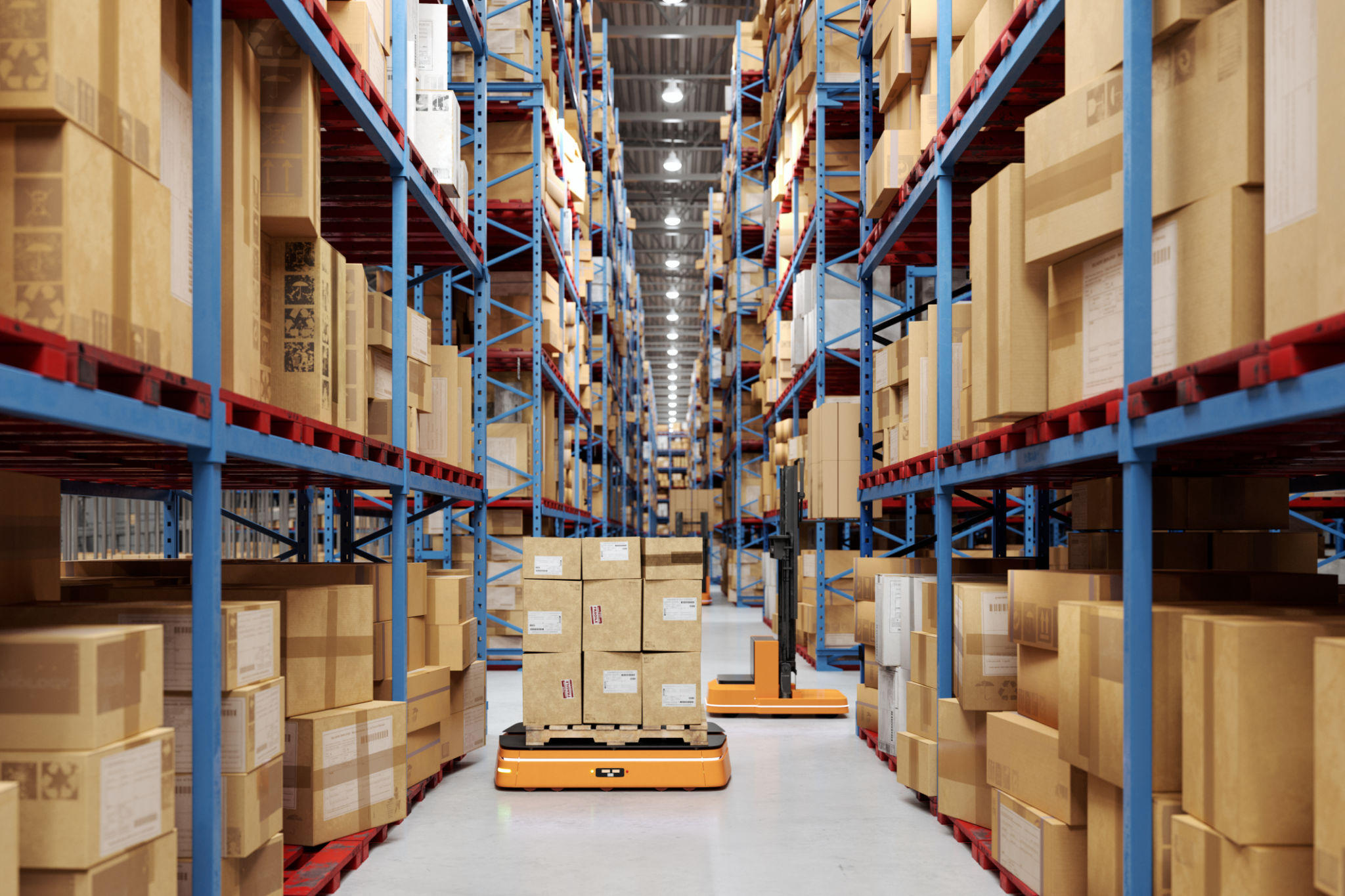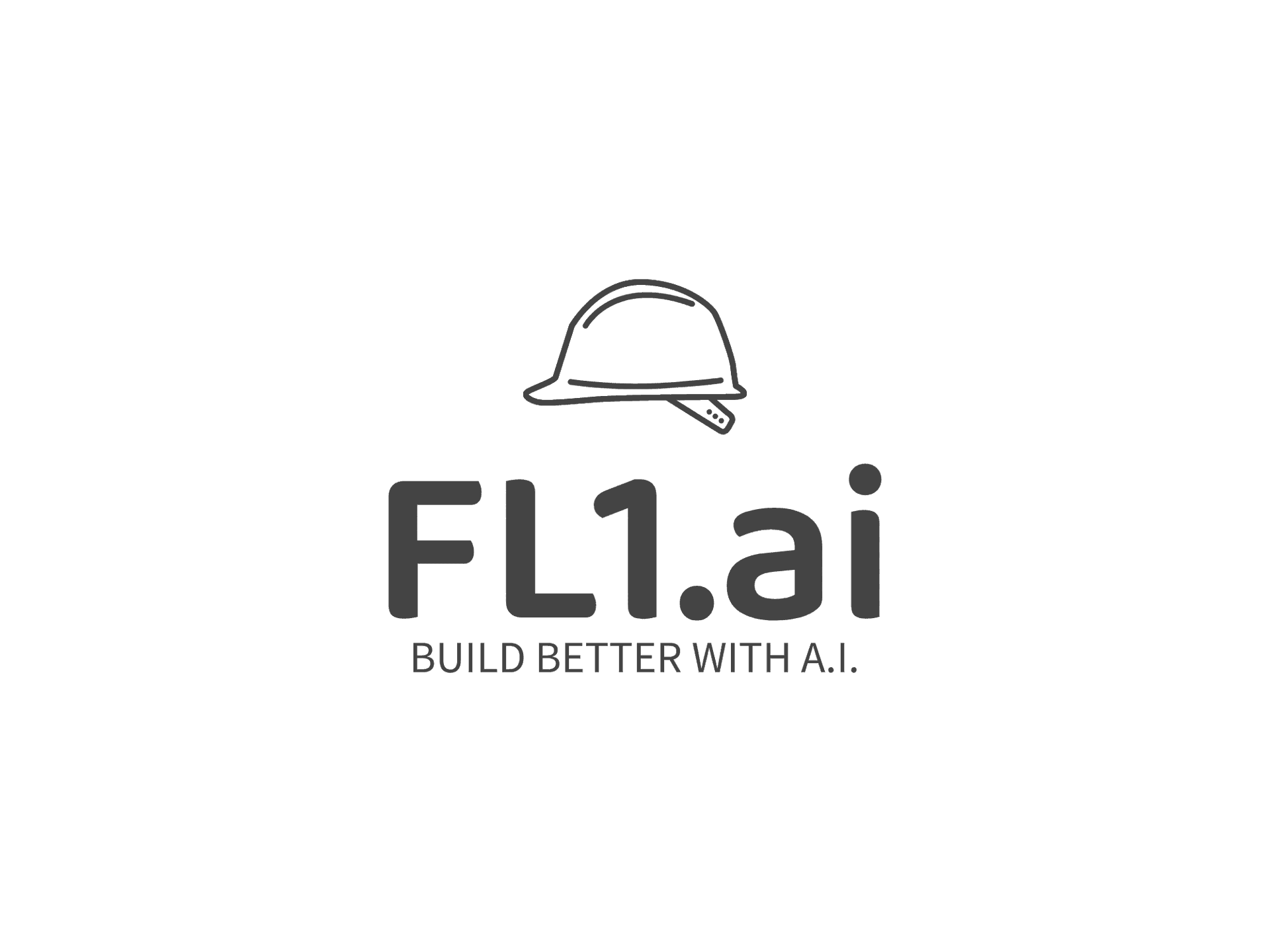AI in Construction: Transforming Quality Control for Better Results
Introduction to AI in Construction
Artificial Intelligence (AI) is rapidly transforming various industries, and the construction sector is no exception. By integrating AI into construction processes, companies are revolutionizing quality control to achieve better results. This transformation not only enhances efficiency but also improves safety and reduces costs. In this post, we'll explore how AI is reshaping quality control in construction.

The Role of AI in Quality Control
Quality control is a critical component of construction projects, ensuring that every aspect meets specific standards and specifications. AI plays a significant role by automating inspections and identifying potential issues before they become significant problems. With the help of machine learning algorithms, AI systems can analyze data from various sources to detect anomalies and suggest corrective actions in real-time.
One of the primary benefits of using AI in quality control is its ability to process vast amounts of data quickly and accurately. This capability allows for more thorough inspections without the need for extensive human intervention, reducing the likelihood of human error.
Enhancing Safety and Efficiency
Safety is a paramount concern in construction. AI enhances safety by predicting potential hazards and providing actionable insights to mitigate risks. For example, AI-powered drones can perform aerial inspections, identifying structural weaknesses or unsafe conditions that might be missed during traditional inspections.

Moreover, AI-driven tools improve efficiency by optimizing resource allocation and minimizing waste. By analyzing patterns and trends, AI can recommend the most efficient construction methods, ensuring projects are completed on time and within budget.
AI-Powered Tools in Construction
The construction industry is embracing various AI-powered tools to improve quality control. Here are a few examples:
- Computer Vision: This technology enables machines to "see" and interpret visual data, which is invaluable for inspecting construction sites.
- Predictive Analytics: By analyzing historical data, predictive analytics can forecast future outcomes, helping construction managers make informed decisions.
- Robotics: AI-driven robots can perform repetitive tasks with precision, freeing up human workers for more complex activities.

Challenges and Opportunities
While AI offers numerous benefits, its implementation in construction is not without challenges. One significant hurdle is integrating AI systems with existing technologies and processes. Companies must invest in training employees to use these new tools effectively. Additionally, there are concerns about data privacy and security, as AI systems often rely on large amounts of sensitive information.
Despite these challenges, the opportunities presented by AI in construction are immense. As the technology continues to evolve, it will undoubtedly lead to even more innovative solutions for quality control and other aspects of construction management.
The Future of AI in Construction
The future of AI in construction looks promising, with ongoing advancements poised to further enhance quality control measures. As AI technology becomes more sophisticated, we can expect even greater improvements in safety, efficiency, and cost-effectiveness. Embracing these innovations will be crucial for companies looking to stay competitive in an ever-evolving industry.
In conclusion, AI is transforming quality control in construction by offering powerful tools and insights that lead to better results. By embracing this technology, construction companies can ensure projects are completed safely, efficiently, and to the highest standards.
